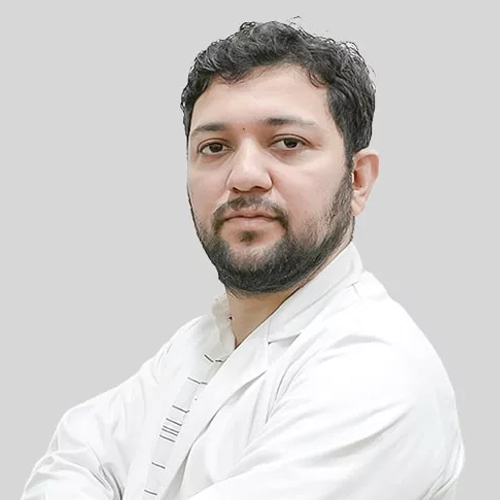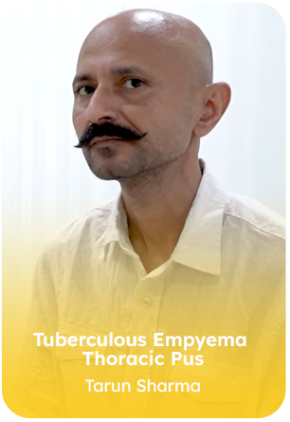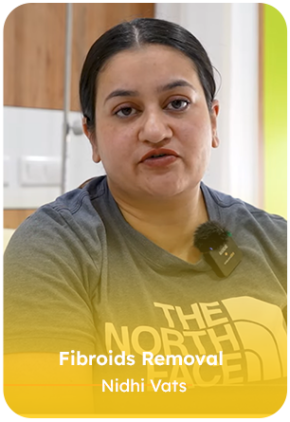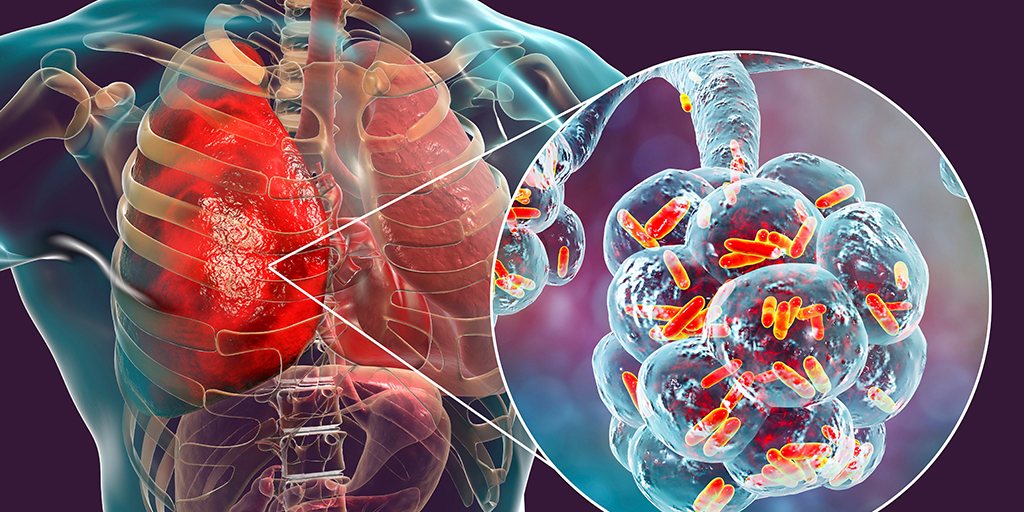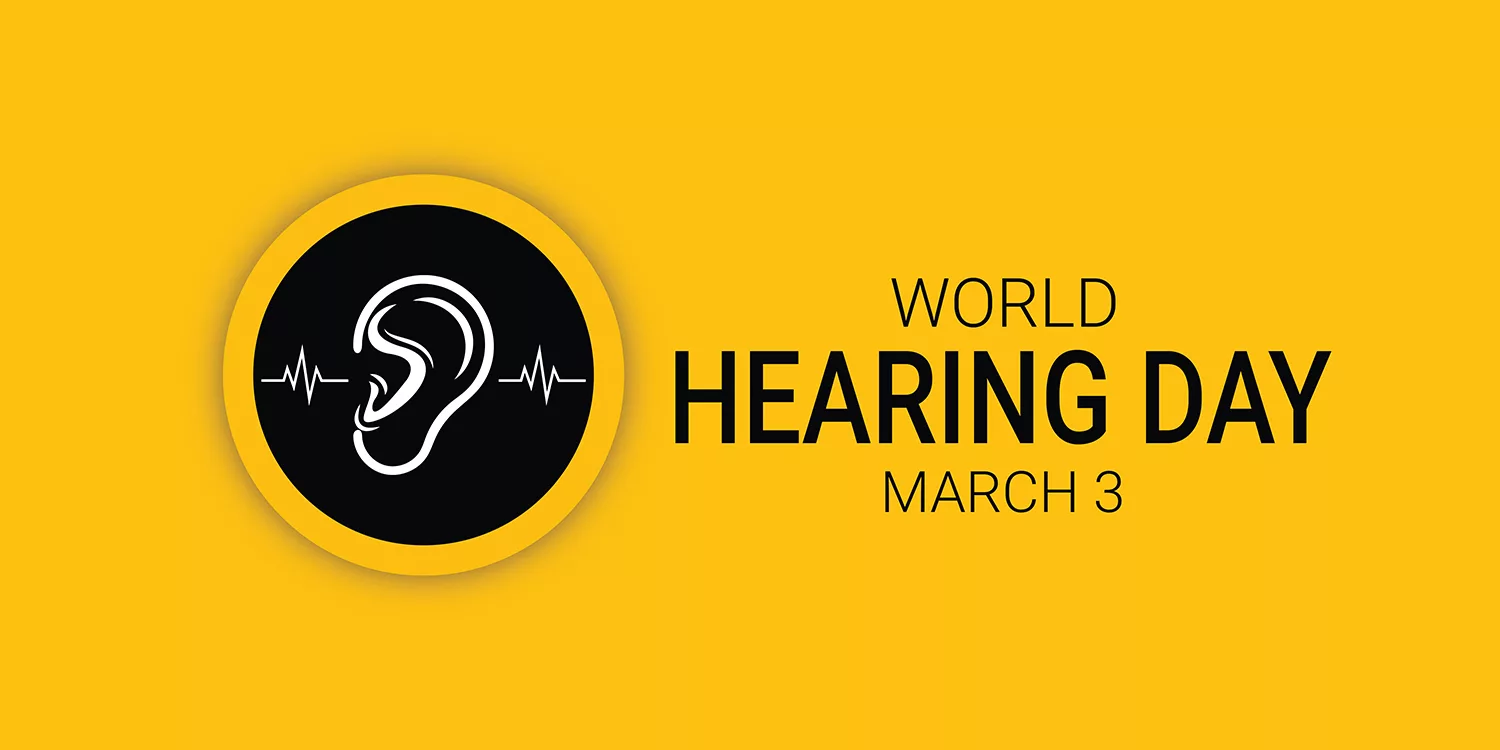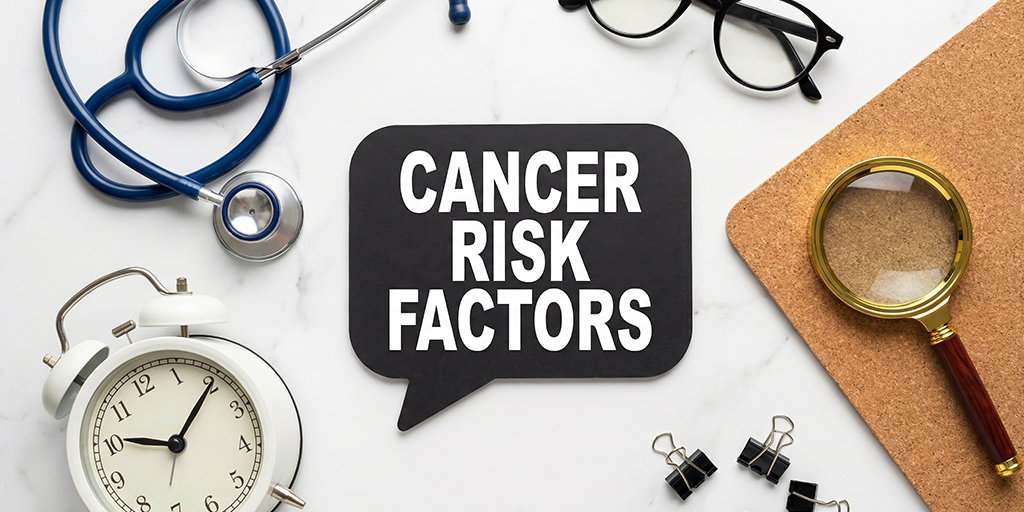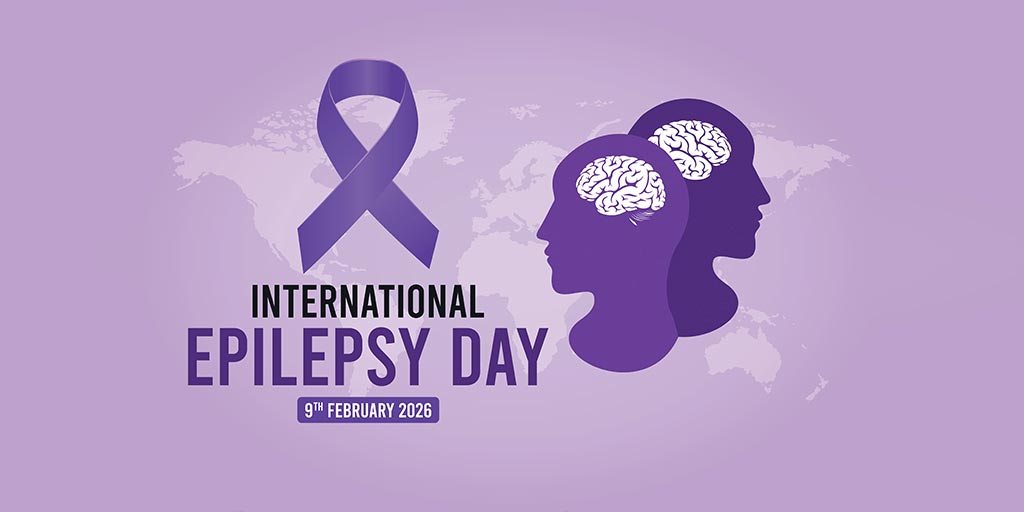At Graphic Era Hospital, our physiotherapists bring specialised expertise in restoring function, reducing pain, and helping patients regain independence after injury, surgery, or chronic illness. With a focus on evidence-based techniques and patient-specific treatment plans, our physical therapist works closely with patients of all ages, whether they are recovering from orthopaedic surgeries, managing neurological conditions, or dealing with long-term joint and spine issues. Backed by the hospital’s state-of-the-art infrastructure, our specialists ensure personalised care to improve outcomes and quality of life.
Doctors Available
When to See a Physiotherapist
Physiotherapy can help manage pain, restore movement, and support recovery from a wide range of conditions. It’s time to consult a physiotherapist if any of the following symptoms or situations apply:
- Persistent back, neck, or joint pain
- Difficulty walking or reduced range of motion
- Recovery after hip, knee, or spine surgery
- Stroke, cerebral palsy, or other neurological conditions
- Muscle weakness or stiffness following illness or injury
- Sports-related injuries such as ligament strains or sprains
- Spine problems such as sciatica or slipped disc
- Joint pain or swelling due to arthritis
- Reduced balance or coordination
- Breathing or mobility issues after ICU stay
Conditions Treated by Physiotherapists at Graphic Era Hospital
Our physiotherapist provides expert care for a wide range of musculoskeletal, neurological, and post-surgical conditions. Each treatment plan is tailored to the patient’s diagnosis, age, and recovery goals. Conditions treated by physiotherapists at Graphic Era include:
- Chronic back and neck pain, including sciatica and disc issues
- Joint conditions such as arthritis, stiffness, or post-fracture recovery
- Post-operative rehabilitation for knee, hip, and spine surgeries
- Neurological disorders including stroke, cerebral palsy, and nerve injuries
- Sports injuries, such as ligament sprains, muscle strains, and dislocations
- Paediatric conditions, including developmental delays and muscular dystrophy
- Respiratory and ICU recovery, especially after prolonged hospital stays
- Age-related mobility issues, including balance problems and muscle weakness
Things to Know Before Starting Physiotherapy
Before beginning sessions with a physiotherapist, it’s important to be aware of a few key considerations that can impact recovery and results:
- Each therapy plan is customised based on individual condition and goals
- Commitment and consistency are essential for long-term success
- Mild discomfort may occur during exercises, especially early on
- The physiotherapist may assess medical history, scans, or prescriptions
- Home exercises may be recommended between sessions
- Lifestyle changes such as posture correction may be advised
- Chronic or neurological conditions may require extended treatment duration
Why Choose Graphic Era Hospital for Physiotherapy?
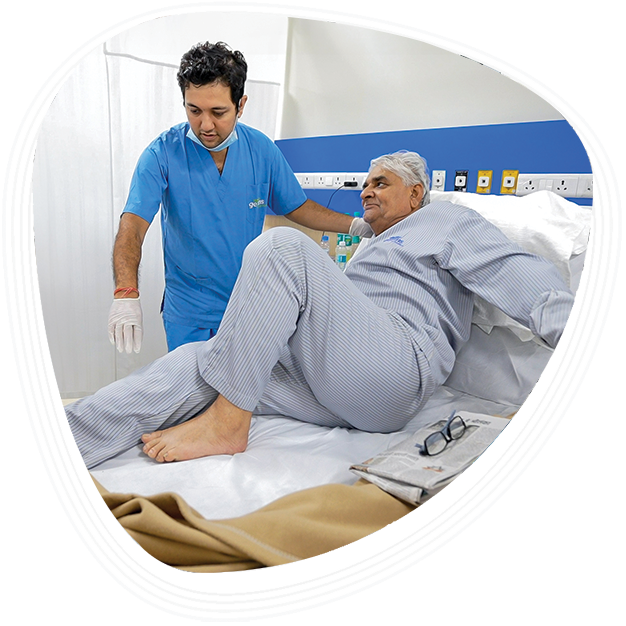
Physiotherapy Services Offered at Graphic Era Hospital
At Graphic Era Hospital, our physiotherapists provide comprehensive rehabilitation support across various areas, ensuring that patients receive continuity of care at every stage. The services include:
Orthopaedic Rehabilitation
- Post-surgical therapy for knee, hip, and spine procedures
- Joint pain relief and mobility training
Neurological Physiotherapy
- Stroke recovery and neuro-muscular re-education
- Balance, coordination, and mobility exercises
Post-Surgical & ICU Physiotherapy
- Bedside therapy for inpatients and trauma cases
- Breathing support and early mobilisation in critical care
Paediatric Physiotherapy
- Motor skill development for children with physical impairments
- Support for conditions such as muscular dystrophy or cerebral palsy
Home Physiotherapy Services
- Convenient sessions for patients recovering at home
- Customised plans for elderly, post-operative, or paediatric care
Top Physiotherapy Treatments Provided at Graphic Era Hospital
Our physiotherapist in Dehradun offers specialised treatments designed to meet a wide range of rehabilitation needs:
Orthopaedic Rehabilitation
- Orthopaedic joint rehabilitation
- Stroke and neurological physiotherapy
- Back pain management
- Cardiac rehabilitation exercises
- ICU and post-surgical physiotherapy
- Home-based physiotherapy services
Top Procedures
- Physiotherapy for Back Pain
Physiotherapists Conditions Treated at Graphic Era Hospital
Other Specialities
Patient Stories
Blog
Frequently Asked Questions
How do I find the best physiotherapist near me in Dehradun?
Look for physiotherapists based in reputed hospitals who specialise in your specific condition, offer personalised care plans, and have access to advanced rehabilitation facilities.
Can physiotherapy help with long-term back pain?
Yes, physiotherapy is highly effective in managing chronic back pain through posture correction, strengthening exercises, and manual therapy.
Is home physiotherapy available for post-surgery recovery?
Yes, our physiotherapist offers home care services for post-operative, geriatric, and paediatric patients who are unable to travel.
What conditions does neurological physiotherapy cover?
It includes rehabilitation for stroke, cerebral palsy, Parkinson’s disease, spinal cord injuries, and other nerve-related conditions.
How soon after surgery should physiotherapy begin?
In many cases, physiotherapy starts within 24–48 hours after surgery to support early mobilisation and prevent complications.
